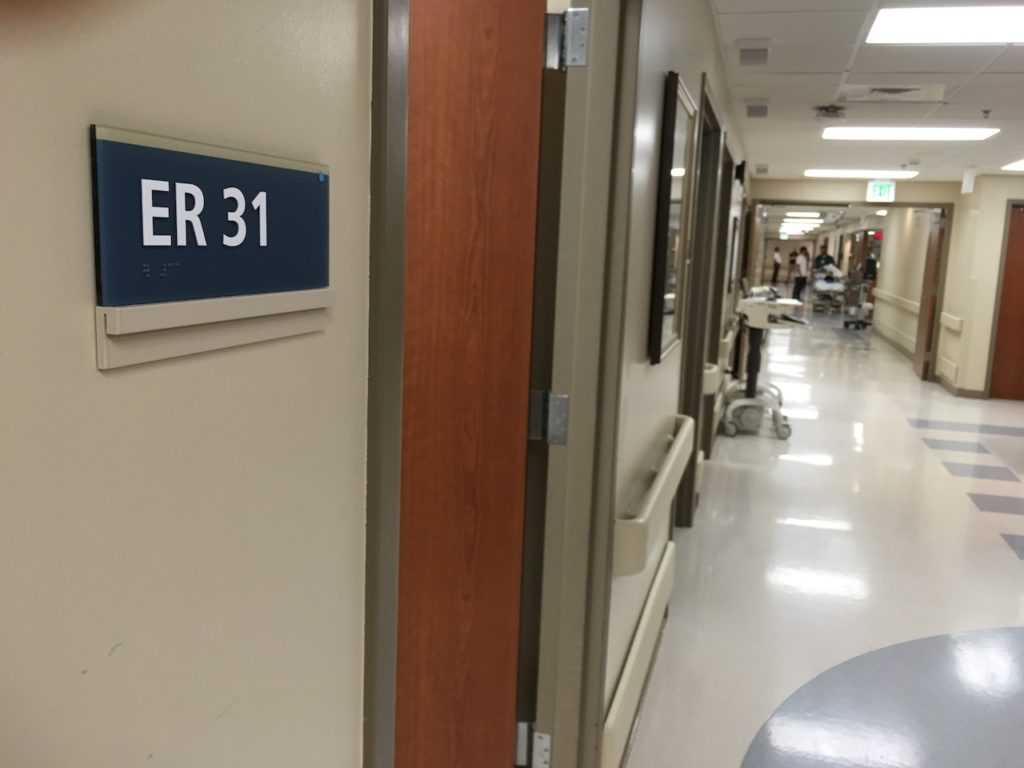
Tennesseans shoulder more medical debt than the rest of the country, and the heaviest burden is where there are high rates of uninsured people, according to the latest in a series of reports from the Sycamore Institute.
The public policy think tank has been quantifying medical debt in the state. The organization’s latest research finds a big overlap with the prevalence of payday lenders in a community and other types of outstanding debt.
But policy director Mandy Pellegrin says nearly every community feels the load.
“Really, the thing that we found that was most surprising is that medical debt is surprisingly common in Tennessee,” she says.
Even in the wealthiest part of the state, Williamson County, one in 10 residents has outstanding medical debt on their credit report.
Maury County is closer to the statewide average of one in four. Last year, county resident Jessica Davis delivered her third child prematurely at Centennial Medical Center, where they spent six weeks.
“I saw how quickly the bills were just piling up,” she says. “And it’s scary.”
Her family has a high deductible insurance policy and paid half the bill but is struggling with the rest.
“Here we are with ten thousand more dollars, and it’s just a lot,” Davis says. “We’re a regular middle class family that works hard for everything we have.”
How the prevalence and amount of debt vary across Tennessee’s 95 counties: https://t.co/S48HGMsjcw— Blake Farmer (@flakebarmer) June 4, 2019
The Sycamore Institute concludes that a variety of factors have led to Tennessee’s elevated rate of medical debt. But a primary driver is the high uninsured rate, which has been rising partly because the state has refused to expand Medicaid.


